Morality is grounded in rational principles rather than consequences from "summary" of Groundwork for the Metaphysics of Morals by Immanuel Kant
Morality, unlike other areas of human life, must be grounded in rational principles rather than consequences. Kant argues that moral actions should be performed out of duty rather than for the sake of achieving some desired outcome. This means that individuals should act in accordance with moral principles simply because it is the right thing to do, not because they hope to gain something from it. According to Kant, moral principles are derived from reason and are universal in nature. This means that they apply to all rational beings, regardless of their personal desires or interests. For Kant, morality is not a matter of subjective opinion or personal preference; it is based on objective, rational principles that are binding on all rational beings. Kant's moral philosophy is grounded in the idea of the categorical imperative, which is a universal moral law that applies to all rational beings. The categorical imperative requires individuals to...Similar Posts

The will to power can be a source of empowerment and liberation
The idea that the will to power can serve as a means of empowerment and liberation is a central theme in Nietzsche's work. Acco...
Understanding is shaped by objective reality
Understanding is shaped by objective reality when it comes to knowledge acquisition. Kant argues that our knowledge is not mere...
Evolution shapes our instincts over time
The concept that underlies the very essence of our nature as human beings is that evolution has shaped our instincts over time....
Cosmological argument reveals the limits of causality in reasoning
The cosmological argument, which seeks to establish the existence of a necessary being as the ultimate cause of the universe, l...
Reflecting on the verses of the Quran
One of the most important aspects of engaging with the Quran is to ponder over its verses. This involves taking the time to ref...
Socrates believed in questioning everything
Socrates was a Greek philosopher who lived in Athens during the 5th century BCE. He is known for his unique method of questioni...
Morality as a system of principles
Morality can be understood as a system of principles that guides our actions and decisions. These principles serve as the found...
Religion is built upon faith and emotional commitments
Religion, according to Hume, is not grounded in reason or evidence, but rather in faith and emotional commitments. He argues th...
Reason is not always reliable
Reason, though undoubtedly a valuable faculty that distinguishes humans from animals, is not always a reliable guide in our dec...

Moral sentiments guide our interactions with others
The moral sentiments that guide our interactions with others are an essential part of human nature. These sentiments, according...
